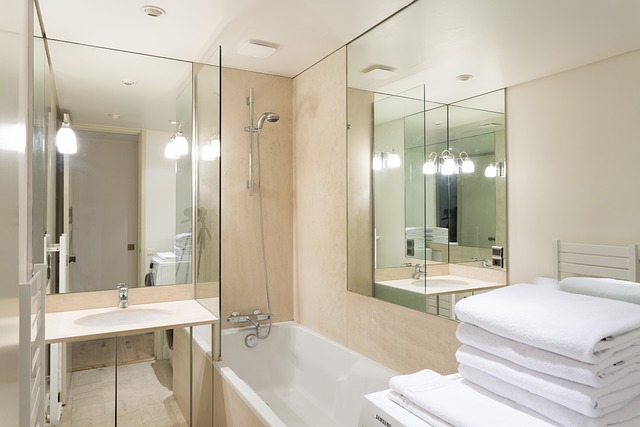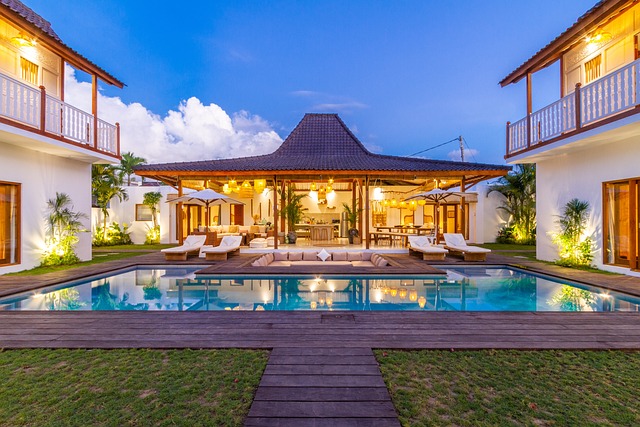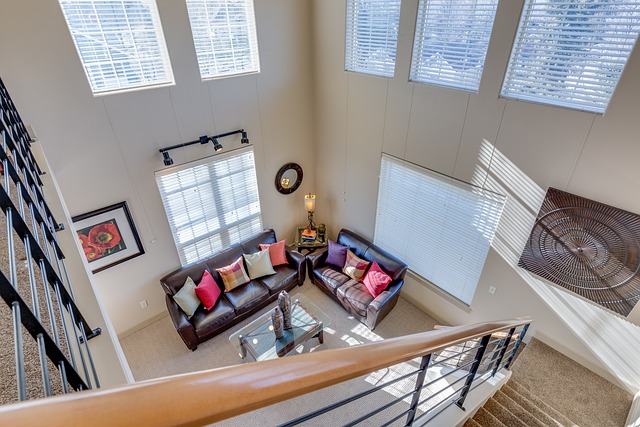Singapore's Executive Condominium (EC) rental market serves as a specialized segment for locals, expatriates, and foreign workers, offering an affordable living option compared to private condos, thanks to their strategic locations near essential amenities, modern facilities, and presence within mature estates. ECs are a hybrid of public and private housing, designed for Singaporeans with the option to upgrade while catering to contemporary lifestyles. Prospective renters must meet specific eligibility criteria set by the Ministry of National Development, which includes being a Singaporean citizen, a Malaysian, or a foreigner with a valid work pass. Renters should consider that ECs are subject to a five-year minimum occupation period before they can be sold, affecting their market value and rental returns. The HDB regulates ECs, limiting the number of unrelated individuals in a unit to two. Tenants must weigh the convenience of Singapore's public transport system and the availability of shopping, dining, and recreational activities against other housing options. For those considering an EC rental, understanding the market dynamics, government policies affecting supply, and economic factors influencing new project launches is crucial. Prospective tenants and investors should evaluate lease terms, development maturity, and the resale market's conditions to make informed decisions in this unique niche of Singapore's property market. Remember that ECs under the Housing & Development Board (HDB) have distinct eligibility criteria and policy requirements compared to private condominiums, which are vital for investors looking to capitalize on the opportunities within this specialized segment. Keywords: Executive Condominium Hdb rental market, affordable living, strategic locations, mature estates, public transport, amenities, investment strategy, Singapore property market.
Exploring the dynamic landscape of Singapore’s housing options, the article delves into the nuances of the Executive Condominium (EC) rental market. This piece provides a comprehensive guide for both tenants and investors seeking opportunities within the EC HDB realm. From understanding the unique characteristics that set ECs apart to navigating the factors influencing demand and supply, readers will gain insights into the key elements shaping this market. Strategies tailored for prospective tenants and investors aiming to capitalize on the EC rental segment are also outlined, offering valuable advice for those looking to make informed decisions in this vibrant property arena.
- Navigating the Executive Condo (EC) Rental Market in Singapore: An Overview
- Key Factors Influencing Demand and Supply in the EC Rental Landscape
- Strategies for Prospective Tenants and Investors in the Singaporean EC Segment
Navigating the Executive Condo (EC) Rental Market in Singapore: An Overview

In Singapore, the Executive Condominium (EC) rental market presents a unique segment for both locals and expatriates seeking housing that offers the benefits of a condominium at a more affordable price point compared to private condos. Prospective tenants will find ECs as a desirable alternative, particularly due to their proximity to amenities, comprehensive facilities, and the fact they are nestled within or near mature estates. These properties are a hybrid of public and private housing, designed for upgrading Singaporeans and offering a blend of features that cater to modern living. The eligibility criteria for renting an EC in Singapore include being a Singaporean or meeting the Ministry of National Development’s (MND) criteria for eligibility as a Malaysian or a foreigner employed under a work pass.
Navigating this market requires a clear understanding of its nuances. For instance, potential renters should be aware that ECs are tied to a five-year minimum occupation period before they can be sold on the open market, which affects their resale value and rental yield. This tenure feature also influences the types of tenants an EC landlord might expect. Additionally, renting an EC is subject to Housing & Development Board (HDB) rules, including the stipulation that only up to two unrelated individuals are allowed to live in an EC unit at any one time. Prospective tenants must also consider the proximity of these condos to the services they rely on daily and the quality of life these residences offer. With a robust public transport system and numerous shopping, dining, and recreational options readily accessible, living in an EC is an attractive option for those who value convenience and community living. Understanding these aspects of the market is crucial for anyone looking to navigate the Executive Condominium HDB rental scene effectively in Singapore.
Key Factors Influencing Demand and Supply in the EC Rental Landscape

The demand and supply dynamics within Singapore’s Executive Condominium (EC) rental market are influenced by a multitude of factors, each playing a pivotal role in shaping the landscape. Proximity to HDB estates underscores their popularity among renters who value the convenience of living near public housing while enjoying the amenities of condominium living. The maturity and reputation of the development, including its age and the facilities it offers, are key considerations for potential tenants. Market trends often reflect demographic shifts, with young professionals and families seeking well-located properties that offer a balance between affordability and quality of life.
On the supply side, government policies significantly impact the availability of EC units. The introduction of new EC projects and the timing of their completion, as dictated by the Singapore government’s land release program, can affect the rental market’s saturation levels. Additionally, factors such as economic conditions, interest rates, and the overall health of the property market influence developers’ confidence in launching new projects. These developments must also adhere to stringent regulations that define the criteria for an EC, including a requirement that at least 90% of units are owner-occupied within five years from Temporary Occupation Permit (TOP) acquisition, before they can be offered as rental properties. This unique aspect of EC policy creates a distinct segment within the broader rental market and is a critical element for investors and renters alike to consider when navigating the EC rental landscape in Singapore.
Strategies for Prospective Tenants and Investors in the Singaporean EC Segment

Prospective tenants and investors eyeing opportunities within Singapore’s Executive Condominium (EC) segment of the Housing & Development Board (HDB) should consider a strategic approach to navigate this unique market. For tenants, it is advisable to prioritize locations with strong rental demand, such as those near mature estates with established amenities and future development plans. These areas often include proximity to public transportation nodes, shopping centers, schools, and recreational facilities, enhancing the appeal to potential renters. Additionally, understanding the varying lease terms and the maturity of the EC development can provide insights into the long-term rental prospects, influencing the decision-making process for a commitment that suits one’s lifestyle and financial planning.
Investors, on the other hand, should focus on the intricacies of the EC’s resale market, where prices can be influenced by factors such as the property age, its condition, and the remaining lease tenure. A longer lease tenure typically commands a higher price due to the potential for lease top-up options that extend the lease to 99 years. Investors should also keep abreast of the EC’s eligibility criteria, which differ from private condominiums. By staying informed on policy updates and market trends, investors can make informed decisions that align with their investment goals within the dynamic EC segment of the HDB. Understanding the nuances between ECs and standard HDB flats, including the five-year minimum occupation period before selling on the open market, is crucial for a successful investment strategy in this niche sector of Singapore’s property market.
In conclusion, the Executive Condominium (EC) rental market in Singapore presents a unique niche for both tenants and investors. With a clear understanding of the factors that influence demand and supply, individuals can navigate this market effectively. Prospective tenants will find a range of options that blend the benefits of a condominium with the affordability of public housing through the EC scheme linked to HDB. Investors, on the other hand, can capitalize on the market’s dynamics by considering the long-term growth trends and strategic locations that these properties often offer. As the landscape evolves, staying informed and adapting to the shifts in policy and availability will be key to success within this vibrant segment of Singapore’s property market.



